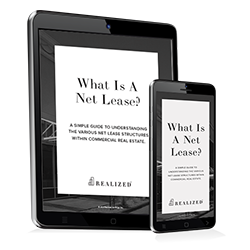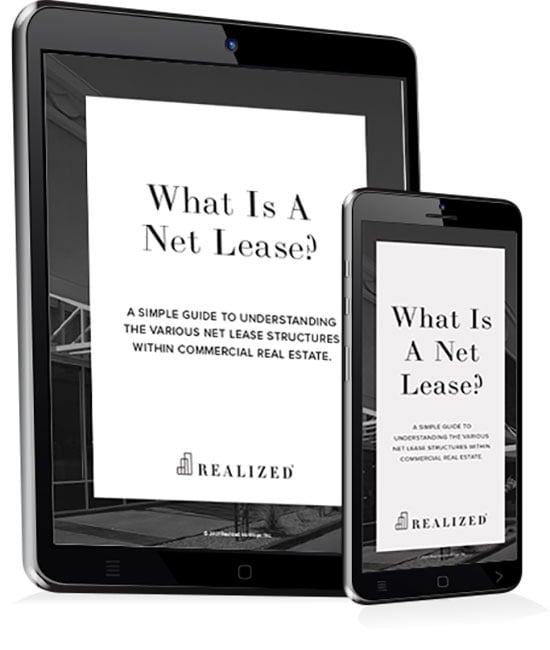
Mention the term “net lease” to someone even remotely familiar with real estate contracts, and the first thing that might come to mind is “triple net.” Triple-net leases are definitely “visible;” the chances are pretty good that any quick-service restaurant on an outparcel, or stand-alone dollar store, or retail automotive supply store signed such a lease with a property owner.
What might not come to mind, however, is a double net lease. The double net, or NN, lease isn’t written about or discussed as much as its triple counterpart. The NN arrangement is similar to the triple net, in that it shifts some of the costs of doing business from property owner/landlord to tenant. But depending on the terms of the lease, the landlord retains control of the property, and takes responsibility for some of the expenses.
Delving down into the double net
Tenants signing a double net lease can be responsible for covering the costs of two of the three primary property expenses; in most cases, this involves property taxes and insurance premiums.
NN agreements -- also called net-net -- tend to be common in multi-tenant commercial properties, such as shopping centers or office complexes, in which tenants occupy different square-footage spaces. Under this scenario, the property owner might divide taxes and insurance costs proportionally, based on the tenant’s occupied square footage. Tenants pay those added expenses to the landlord, in addition to their monthly rent.
What the landlord pays
You read the above correctly. The tenant pays the property owner its proportional share of taxes and insurance costs, rather than paying those costs directly to the municipalities or insurance companies. This differs from a triple-net arrangement, in which the tenant might make those direct payments.
In addition, the landlord is responsible for building maintenance and structural costs. If a building wall collapses or a property floods, the owner is responsible for clean-up and repair. It’s not uncommon for a property owner with a net-net arrangement with tenants to run into unanticipated costs associated with the property’s upkeep repair. If that landlord isn’t careful, those costs could eat into any profit margins accrued.
Still, in many cases, the NN lease can be considered fair to both parties. It puts the landlord in charge of building maintenance. On the tenant side, taxes and insurance could be considered a cost of doing business in a particular area. Additionally, a NN lease means the tenant’s monthly rent might be less than the market rate.
Takeaways from the net-net
While both triple net and double net leases pass along certain expenses to tenants, that is about the only thing these two arrangements have in common. Under the auspices of a net-net arrangement, the property owner/landlord is responsible for property upkeep, while taking on the added responsibility of collecting taxes and insurance premiums from tenants, then paying those to municipalities and insurance companies.
Overall, the NN arrangement allows the property owner/landlord more control over the asset, while shifting some of the costs of doing business to the tenant.



